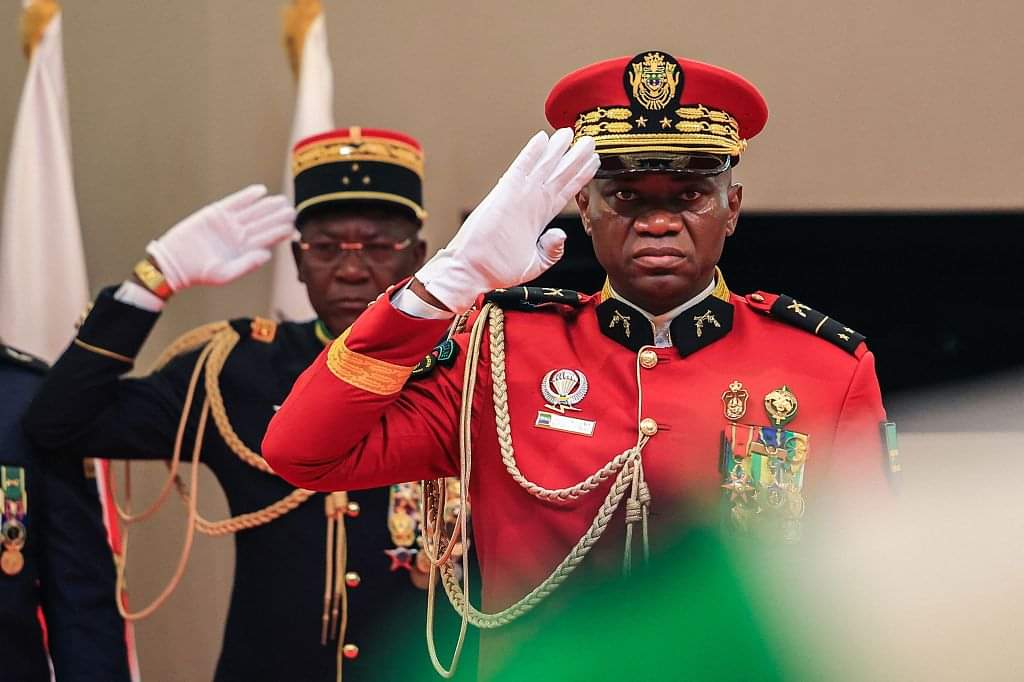Africa: Coups are on the rise, but proactive policies can restore faith in democracy
September 5, 2023 | Hycent Ajah
INSIGHTS & OPINIONS

INSIGHTS & OPINIONS

September 5, 2023 | By Hycent Ajah
Last week, military officers in Libreville, Gabon announced control of the country after the incumbent president, Ali Bongo was declared the winner of the 26 August Presidential elections. The military officers headed by General Brice Nguema – now the transitional leader—declared themselves the Committee for the Transition and Restoration of Institutions. The announcement was met with jubilations across the country as citizens celebrated the end of the Bongo family’s 56-year rule.
Before the elections were held, President Bongo used state machinery to arrest oppositions and prevent opposition rallies. On election day, the government imposed a nationwide curfew, shut down the internet, delayed voting in many polling units, and barred international observers from covering the elections. With question marks over the election results and the main opposition denouncing the process, the military intervention perhaps helped avert another violent post-election clash akin to the 2016 presidential election.
The celebration in the streets of Libreville is reminiscent of last month’s military coup in Niger, where citizens celebrated the ousting of President Mohamed Bazoum. Indeed, military coups from the checkered past are resurfacing. Since 2020, there have been six coups in Across Africa. Niger and Gabon (2023), Burkina Faso (2022), Guinea, Chad (2021), and Mali (2020). These coups were driven by different factors such as extremism and insecurity, the illegitimacy of government and election rigging, bad governance and corruption, and rising cost of living. A common observation is citizens celebrating the removal of democratically elected presidents. Clearly, citizens have become frustrated by the so-called democratic government’s inability to address some of these issues and to improve their standard of living compared to the rest of the world. This is unsurprising. The continent is home to 80 percent of the world’s poorest population. According to experts, these frustrations, along with other reasons such as the long-term leaders influencing the democratic process to extend their term limit mean more coups may be on their way.
So far, the international community—the United States, the European Union, the African Union, and regional blocs—have condemned the coups, imposed sanctions on the Junta governments in these countries, and mulled over the idea of military intervention to restore democracy, even when on the ground sentiment shows some support for the Junta governments.
Moreover, sanctions hurt the same citizens who have for years endured a low standard of living under previous regimes These include aggrandizing the precarious humanitarian crises in the region and jeopardizing the regional cooperation needed to combat the spread of terrorism in the Sahel. In passing, reactionary sanctions are ineffective policy solutions to Africa’s dissension with democratic governments. The international communities, the African Union (AU), and regional blocs must consider employing proactive policies to restore faith in Democracy across the continent.
Proactive policies such as these could help foster accountability and restore citizens’ confidence in Africa’s democratic government.